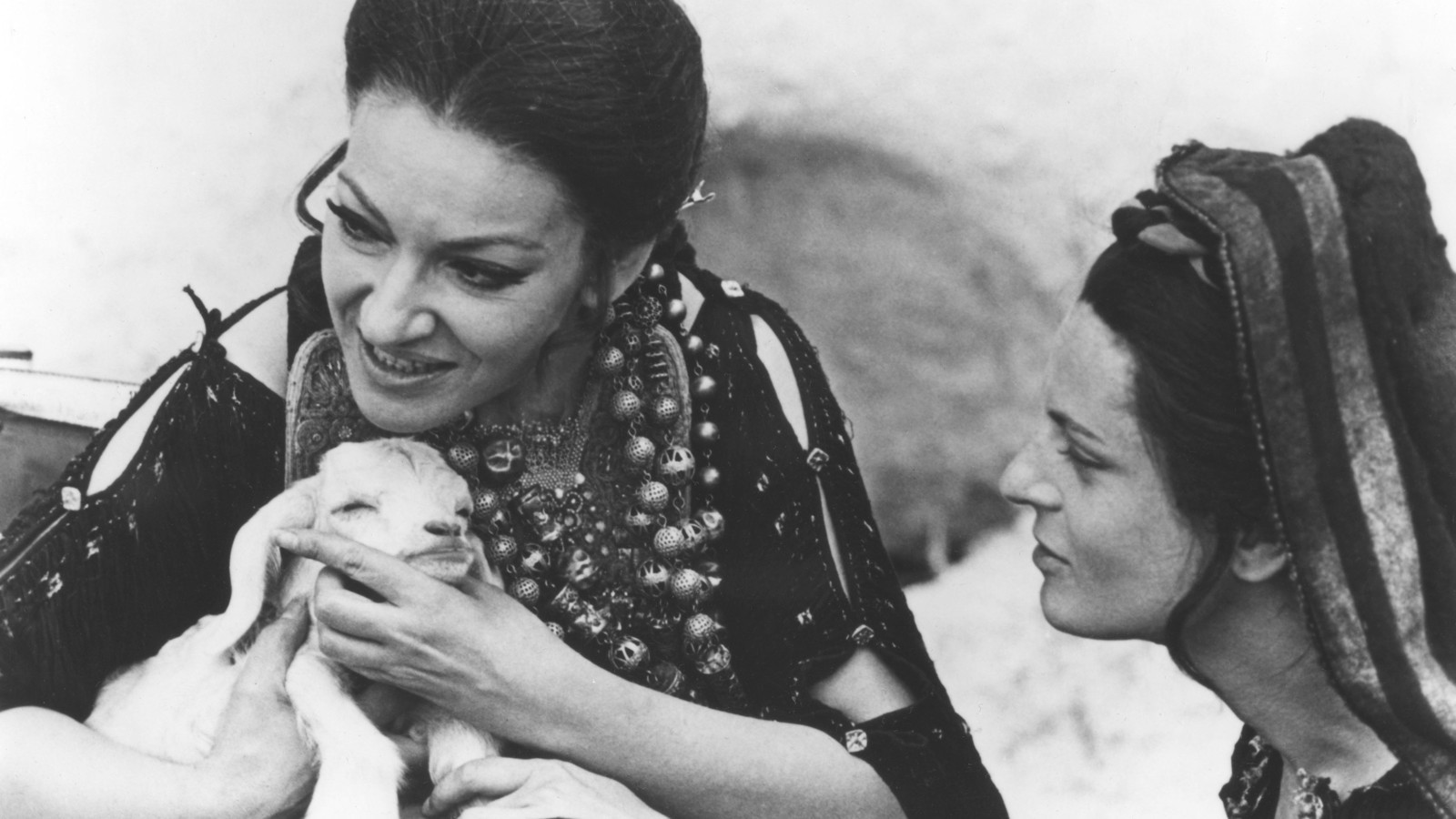Print Screen: John Darnielle and Pasolini’s Medea
Print Screen invites our favorite authors to present films that complement and have inspired their work. On the occasion of the paperback release of his debut novel, Wolf in White Van (September 1 from Picador), Mountain Goats frontman John Darnielle joins us to introduce a screening of Pier Paolo Pasolini’s Medea, followed by a discussion and book signing.
John Darnielle is a writer, composer, guitarist, and vocalist for the band the Mountain Goats; he is widely considered one of the best lyricists of his generation. He lives in Durham, North Carolina, with his family.
Medea
Pier Paolo Pasolini, Italy/France/West Germany, 1969, 35mm, 110m
Italian with English subtitles
Starring the legendary Maria Callas, Pasolini’s interpretation of Euripides’s play shifts the tragedy away from Medea’s betrayal by Jason and her bloody revenge to the loss of her mystical homeland of Colchis. Through poetic, desirous explorations of landscape and ritual, traditional North African music, and sparse dialogue, Pasolini shapes a biting Marxist allegory for Western nations’ menacing influence on the Third World. Glorious to witness for Callas’s performance and the superb costuming, Medea deserves repeated viewings on the big screen. Restored 35mm print from Instituto Luce Cinecittà. Restoration by S.N.C. Presentation of the film in its original 35mm format made possible by Gucci.
“The Greek and Roman tragedians had a profound and lasting effect on me when I immersed myself in them back in college—everything I write articulates at some point with strategies and visions found in those ancient poems. One interesting thing about ancient tragedy is that its threads lead in so many directions—from Renaissance reimaginings to crypto-tragic texts like The Texas Chain Saw Massacre to the syncretic masterpiece The Gospel at Colonus. Pasolini tried his hand at Greek tragedy twice: first Sophocles (Oedipus Rex [1967]), then Euripides (Medea, [1969]). It’s not surprising that a lifelong maverick like Pasolini would be drawn to Euripides, whose plays speak so directly to the modern heart. Medea, which contains Maria Callas’s only dramatic role on film, hauls Euripides from the corridors of the academy into the stark, violent world of celluloid. There are few film treatments of ancient tragedy as hell-bent on getting the tone right as this one: the light, the scene, the horror. The film’s final frames, once viewed, linger in the mind for a long, long time. It’s my pleasure to host a screening of this sometimes-imperfect but genuinely remarkable film.”—John Darnielle







